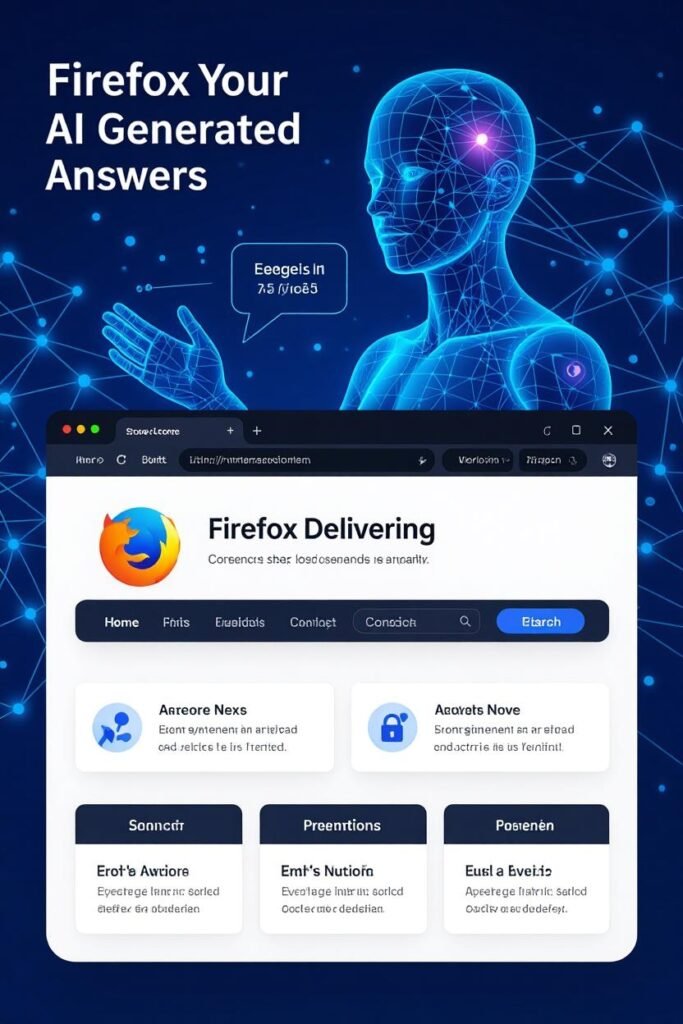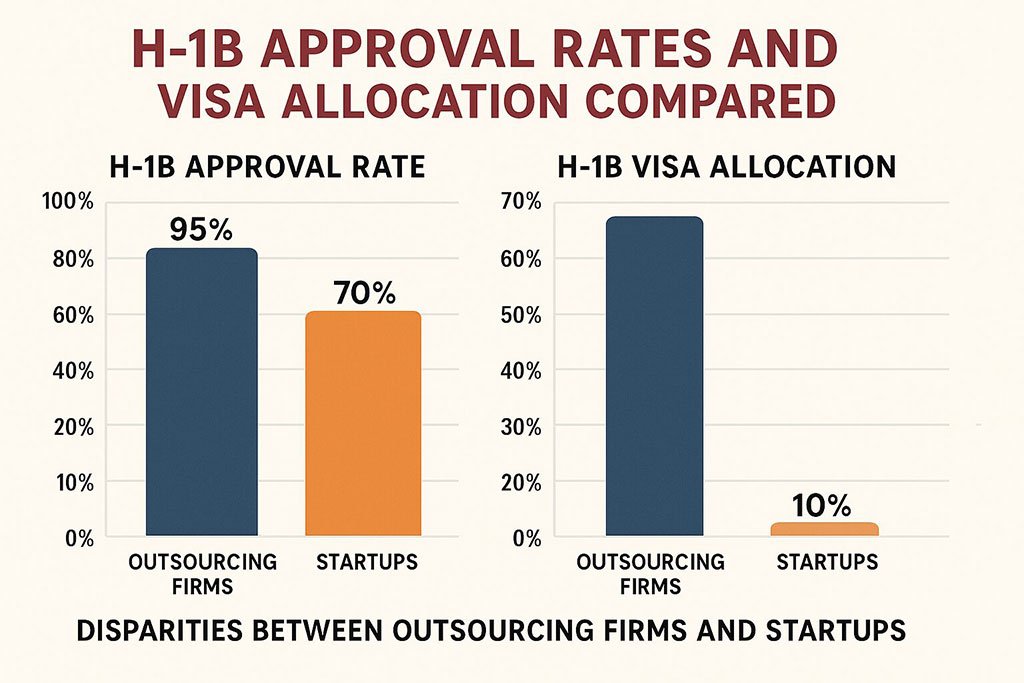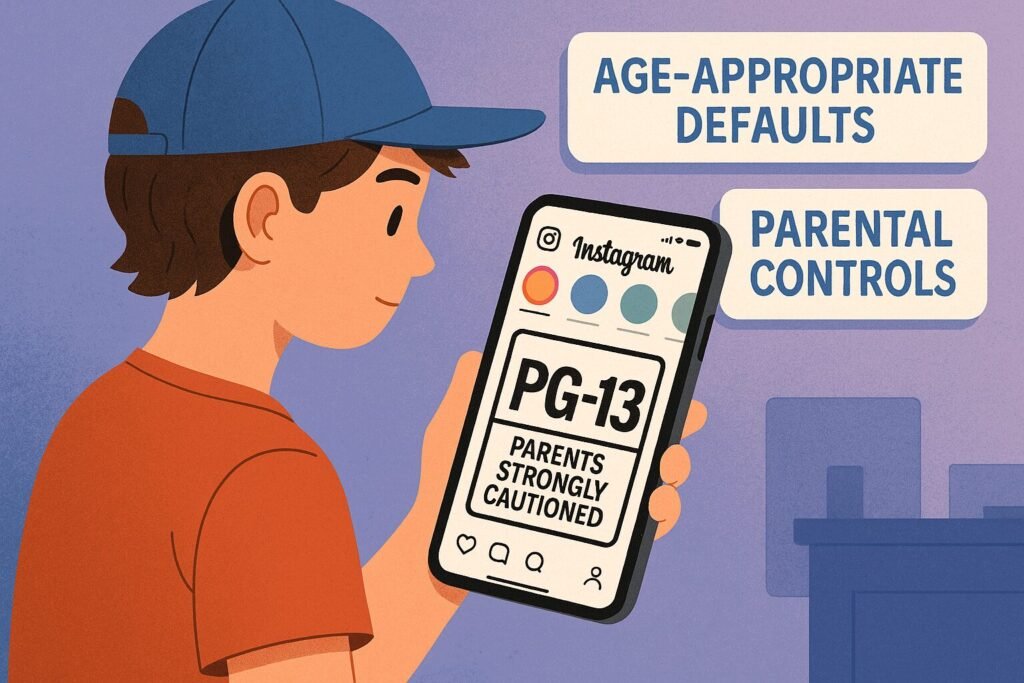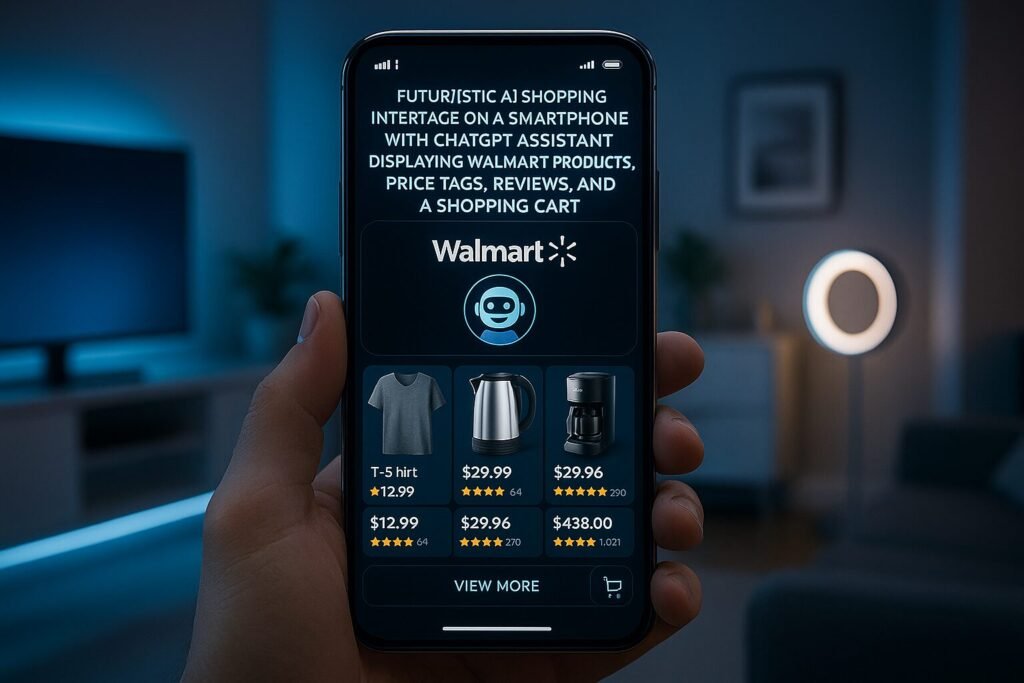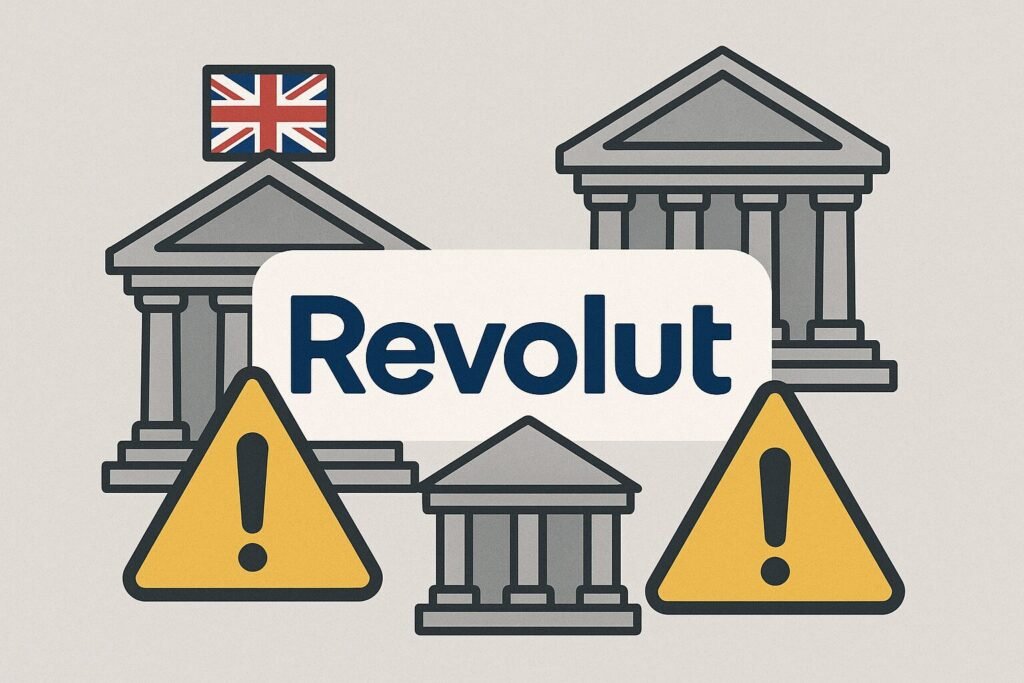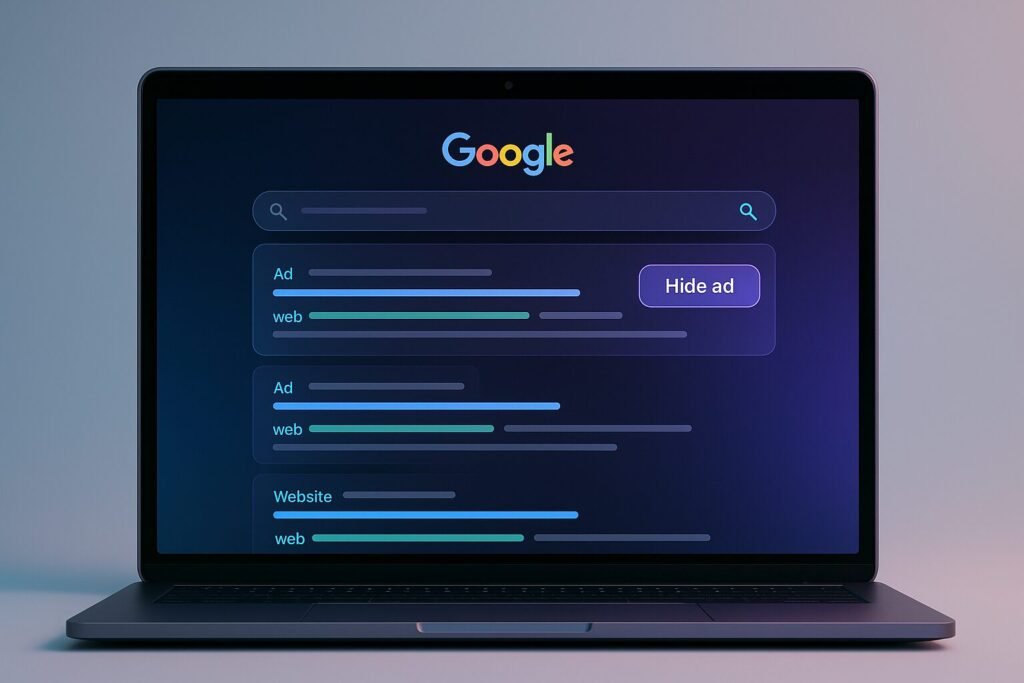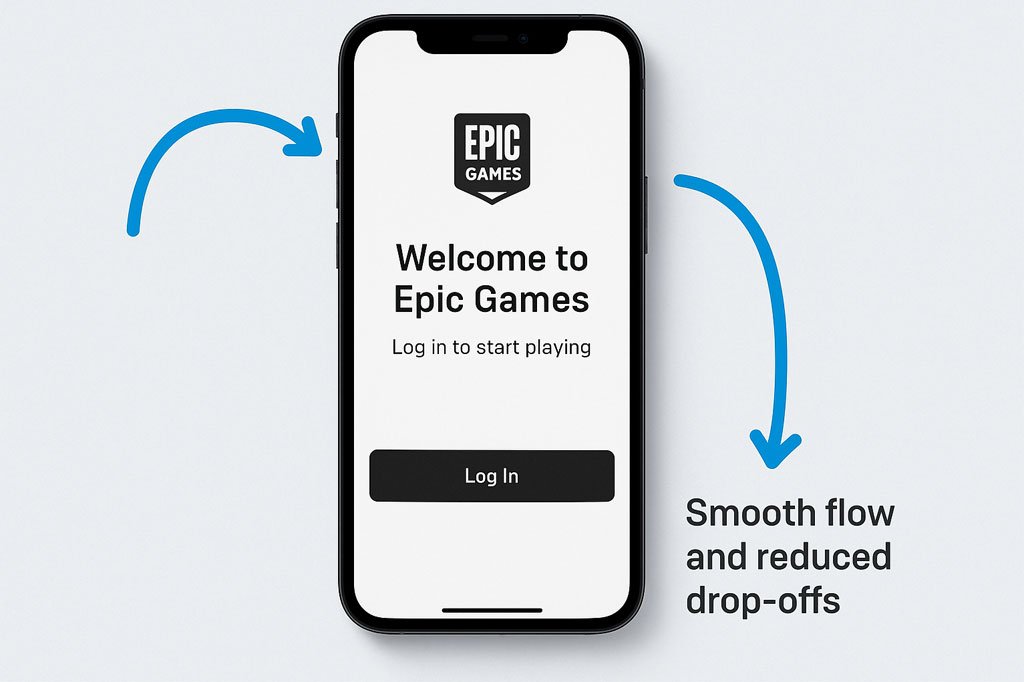Now Reading: FTC accuses anonymous Q&A app Sendit of misleading kids and unlawfully harvesting their data
-
01
FTC accuses anonymous Q&A app Sendit of misleading kids and unlawfully harvesting their data
FTC accuses anonymous Q&A app Sendit of misleading kids and unlawfully harvesting their data
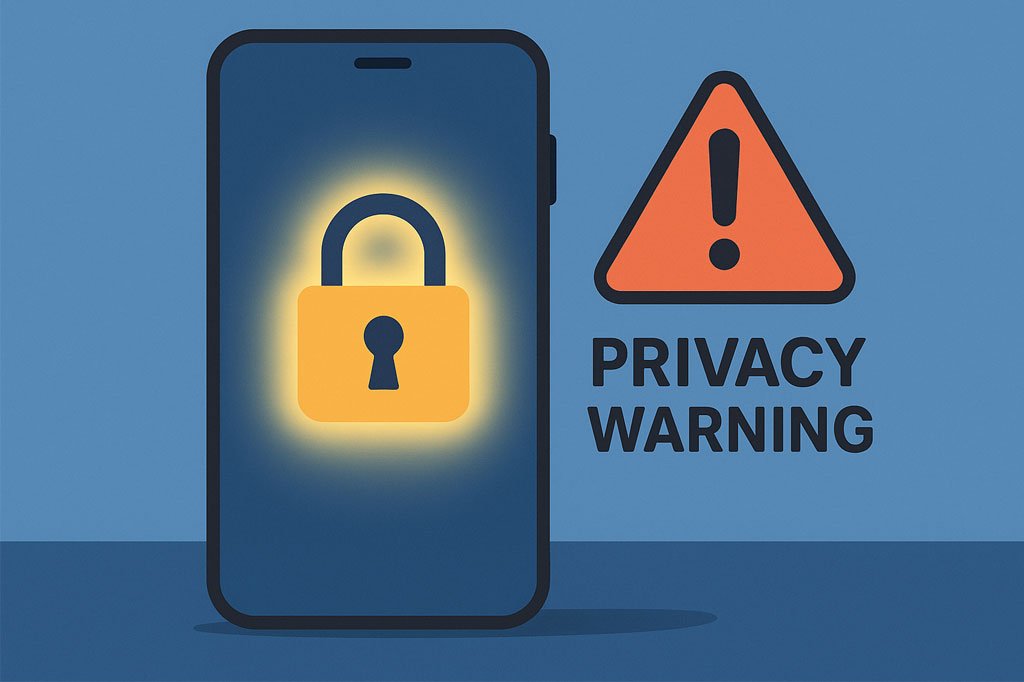
In recent time, we’ve come across anonymous apps have surged in popularity among children and teens. They promise a safe space to ask questions, share thoughts, and interact without fear of judgment. On the surface, it seems like harmless fun. But beneath the glossy user interface often lies a darker reality — one that exploits young people’s trust and puts their privacy at risk.
This is exactly what the Federal Trade Commission (FTC) is now alleging against Sendit, a widely used anonymous Q&A app. According to the regulator, Sendit not only misled children about its services but also illegally collected their personal data in violation of U.S. privacy laws.
The case has sparked fresh debate about the role of anonymity in digital platforms, the responsibilities of app developers, and the urgent need to protect children online. To understand the gravity of this moment, we need to unpack what the FTC is claiming, why children’s data is uniquely sensitive, and what this controversy means for families and the global tech ecosystem.
The FTC’s Case Against Sendit
The FTC’s complaint paints a picture of a company that prioritized growth and monetization over user safety. The allegations focus on three core issues:
-
Misleading children about anonymity – Sendit marketed itself as a place where users could ask and answer questions without revealing their identity. For kids and teens, this created the perception of a safe, consequence-free environment. But according to the FTC, that anonymity was more illusion than reality.
-
Unlawful data collection – The app allegedly gathered personal information from children under 13 without obtaining parental consent. This is a direct violation of the Children’s Online Privacy Protection Act (COPPA), which sets strict boundaries around how companies can collect, use, and store minors’ data.
-
Lack of transparency – Regulators argue that Sendit failed to clearly disclose how much data it was harvesting and what it was being used for. Instead of empowering parents and users with clarity, the app allegedly obscured its practices.
Taken together, these actions represent not just a breach of trust, but also a legal violation. The FTC’s involvement underscores that the government views children’s privacy not as a minor compliance issue, but as a serious matter of public protection.
Why Children’s Data Is Especially Sensitive
The Vulnerability of Young Users
Children are not simply “smaller adults” when it comes to digital platforms. They are more impressionable, less informed about risks, and far more likely to overshare. An app that asks for access to a camera, microphone, or contact list may not raise red flags for a 12-year-old the way it would for a parent.
This vulnerability is why regulators around the world have developed special protections for minors. The Sendit case shines a spotlight on how easily children can be exploited when companies fail to respect these safeguards.
The Legal Landscape
-
United States (COPPA): Requires verifiable parental consent before collecting any personal information from children under 13.
-
European Union (GDPR-K): Sets the minimum age for data processing consent at 16, unless member states lower it to 13.
-
Other Regions: Countries like India and Brazil are in the process of strengthening their youth privacy laws.
Despite these frameworks, enforcement remains patchy. Regulators often struggle to keep pace with the speed of app development and the global nature of digital platforms. Sendit’s alleged violations highlight the gap between law on paper and law in practice.
Promise vs. Peril
Anonymous apps are not inherently bad. They can encourage creativity, allow users to share honest feedback, and create a sense of freedom. But anonymity also opens the door to risks that disproportionately affect children.
On the positive side:
-
Kids may feel free to ask questions about sensitive topics without embarrassment.
-
It can foster peer-to-peer connection and community-building.
On the negative side:
-
Anonymity can enable cyberbullying and harassment.
-
It creates opportunities for predatory behavior, as bad actors can hide behind fake profiles.
-
Combined with opaque data practices, it can become a tool for exploitation rather than empowerment.
Sendit’s alleged misconduct shifts the spotlight to these downsides. When children are encouraged to trust platforms that aren’t transparent, the line between harmless fun and harmful exploitation gets blurred.
A Global Perspective on Child Privacy
The Sendit case might be rooted in the U.S., but its implications are global. Around the world, regulators, parents, and educators are grappling with the same question: How do we protect children online without stripping away the benefits of digital interaction?
-
In the United Kingdom, the Age-Appropriate Design Code requires apps and websites to design services with children’s needs in mind, prioritizing safety and privacy over engagement metrics.
-
Australia’s Online Safety Act gives regulators broad powers to intervene when platforms fail to protect young users.
-
The European Union has already fined major companies like TikTok for mishandling children’s data.
Sendit joins a growing list of platforms facing scrutiny, suggesting that children’s digital rights are becoming a global regulatory priority.
When Apps Fail Their Youngest Users
History has shown that apps targeting children or teens often walk a dangerous line:
-
Yik Yak, another anonymous app, was shut down after widespread reports of bullying and harassment.
-
TikTok has faced multiple regulatory fines for illegally collecting data from minors.
-
Kik Messenger came under fire for its role in child exploitation cases, eventually leading to its decline.
Sendit’s alleged violations follow this troubling pattern. Each of these cases reinforces the same lesson: when platforms fail to prioritize children’s safety, they eventually face public backlash and regulatory action.
What Parents, Educators, and Platforms Can Learn
The Sendit controversy provides a moment for reflection and learning:
-
Parents: Open communication is essential. Instead of banning apps outright, parents can discuss with children why privacy matters, what data apps may collect, and what safe behavior looks like online.
-
Educators: Schools can integrate digital literacy into curricula, helping students understand risks in the same way they learn about health or social studies.
-
Platforms: Developers must adopt child-first design — making safety and transparency default features, not afterthoughts. Tools like clear consent flows, restricted data collection, and in-app safety prompts can help build trust.
The responsibility for protecting children online is shared. Regulators can set rules, but parents, educators, and platforms must work together to enforce them.
FAQs
Q1: What law does Sendit allegedly violate?
The FTC cites COPPA, which requires parental consent before collecting data from children under 13.
Q2: Are anonymous apps always unsafe for kids?
Not necessarily. However, without strong safeguards, they are more prone to abuse, bullying, and misuse of personal data.
Q3: How can parents protect children online?
By monitoring app usage, enabling parental controls, and having age-appropriate conversations about online privacy and safety.
Q4: What could happen next for Sendit?
If the FTC’s allegations are upheld, Sendit could face fines, operational restrictions, or be forced to overhaul its practices entirely.
A Wake-Up Call for the Tech Industry
The FTC’s case against Sendit is more than a single app’s scandal — it’s a warning shot across the entire tech industry. Anonymous platforms that target children will be held accountable if they fail to protect young users.
For parents, this case is a reminder to stay involved in children’s digital lives. For regulators, it highlights the need for stronger enforcement and global collaboration. For platforms, the message is clear: design for children’s safety, or face the consequences.
As the world becomes increasingly digital, protecting kids online will remain one of the most urgent — and most complex — challenges. The Sendit case may only be the beginning of a broader reckoning with how tech companies treat their youngest users.
Stay informed on the latest in privacy, safety, and tech regulation. Subscribe to our newsletter for weekly updates.
Disclaimer:
All logos, trademarks, and brand names referenced herein remain the property of their respective owners. Content is provided for editorial and informational purposes only. Any AI-generated images or visualizations are illustrative and do not represent official assets or associated brands. Readers should verify details with official sources before making business or investment decisions.




